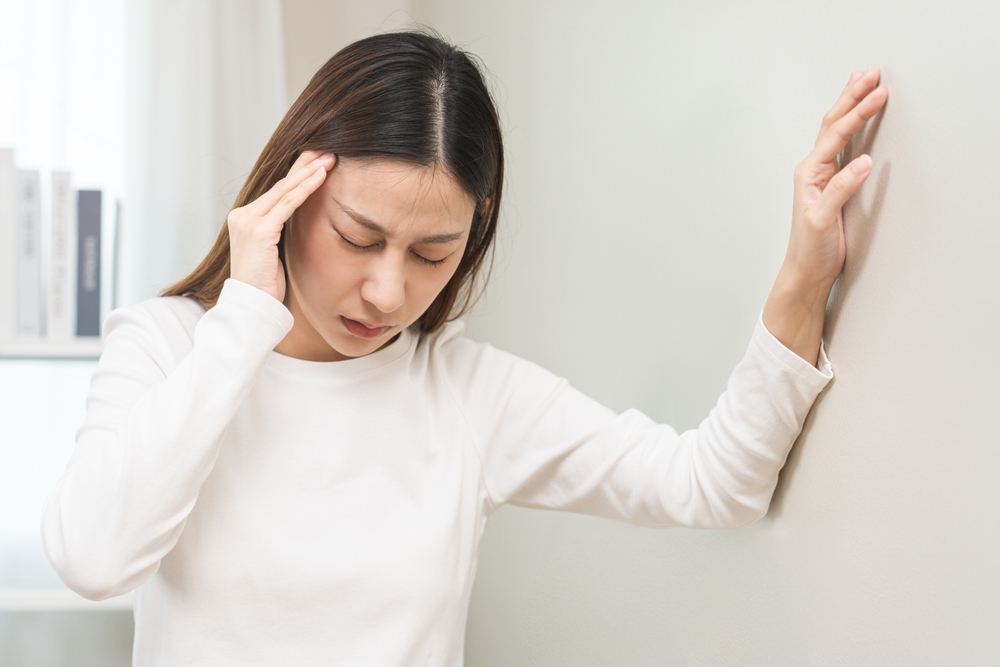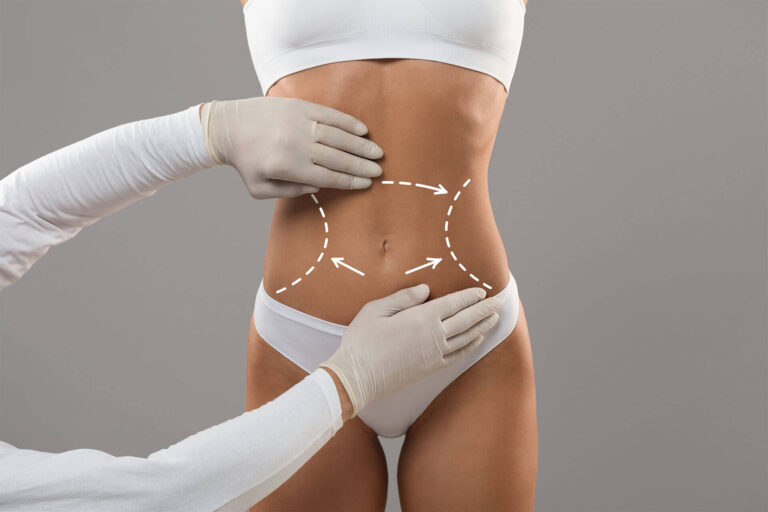As stress permeates our modern lifestyle, finding effective, scientifically-backed ways to manage it has become essential. Massage therapy, a longstanding practice for relaxation, is not only soothing but has scientifically demonstrated benefits that extend well beyond temporary relief. This blog explores how massage therapy works on a biological level to reduce stress, enhance mental clarity, and promote overall well-being—a particularly valued approach at Denver Wellness & Aesthetics Center, guided by Dr. Michael Young in Littleton, CO.
How Stress Affects the Body
When we encounter stress, the body responds with a cascade of physiological reactions commonly known as the “fight or flight” response. Stress triggers the release of cortisol and adrenaline, leading to increased heart rate, blood pressure, and muscle tension. Chronic exposure to these hormones can impair immune function, increase inflammation, and contribute to mental health issues like anxiety and depression.
Massage therapy provides a restorative break from this cycle, actively working to recalibrate the body’s stress response. By reducing cortisol levels and activating the parasympathetic nervous system, massage therapy helps restore balance, which can alleviate both physical and emotional stressors.
The Science of Massage Techniques
Different massage techniques target various layers of muscles, tissues, and nerves, impacting the nervous system and other bodily systems:
- Swedish Massage: Known for its gentle strokes and kneading motions, Swedish massage reduces muscle tension, promotes blood circulation, and induces relaxation. Studies show that Swedish massage can lower cortisol and increase serotonin and dopamine—neurotransmitters that stabilize mood.
- Deep Tissue Massage: This technique reaches deeper muscle layers, targeting chronic tension, typically caused by stress. Deep tissue massage is known to lower blood pressure and heart rate, further combating stress-related physical symptoms.
- Trigger Point Therapy: Often addressing “knots” in muscles, this technique helps relieve specific points of tension that can exacerbate stress. Reducing pain and tightness at these trigger points improves comfort and may reduce overall stress levels.
Each of these techniques activates the body’s relaxation response in distinct ways, all contributing to a holistic reduction in stress.
Neurological Benefits of Massage
The nervous system plays a central role in the stress response, and massage therapy engages this system in beneficial ways. During a massage, mechanoreceptors (sensory receptors in the skin) send signals to the brain, activating the parasympathetic nervous system. This activation leads to a decrease in cortisol production and an increase in endorphins, the body’s natural “feel-good” chemicals.
Research indicates that massage therapy can stimulate the vagus nerve, a major nerve in the parasympathetic nervous system that influences heart rate, digestion, and relaxation. Vagal stimulation reduces anxiety and promotes a state of calm, a powerful counterbalance to the effects of stress.
Immune System Support
Chronic stress compromises the immune system, leaving the body more susceptible to infections and illnesses. Massage therapy not only relieves stress but also supports immune health. One study showed that individuals who received regular massages had an increase in lymphocytes, white blood cells crucial for immune defense. By reducing cortisol and enhancing lymphatic circulation, massage may contribute to better immune function, enabling the body to defend itself against stress-related illnesses more effectively.
Mental Health and Mood Stabilization
The psychological benefits of massage therapy extend to mental clarity, focus, and mood stabilization. Scientific studies reveal that massage boosts serotonin and dopamine, neurotransmitters that help regulate mood and reduce symptoms of anxiety and depression. For those experiencing stress-related mood disorders, massage therapy can serve as a complementary approach to traditional mental health treatments.
Additionally, the human touch element of massage, particularly in a calm environment like Denver Wellness & Aesthetics Center, enhances emotional well-being. Touch therapy has been shown to activate brain regions associated with empathy and compassion, creating a supportive experience that alleviates feelings of loneliness or isolation commonly associated with stress.
Enhancing Sleep Quality
Stress and sleep are closely intertwined; high stress levels often lead to poor sleep, while sleep deprivation exacerbates stress. Massage therapy has been shown to improve sleep quality by encouraging relaxation and reducing muscle tension. The physical comfort and reduction in stress-related hormones after a massage can lead to deeper, more restful sleep, which is crucial for overall health. Improved sleep supports cognitive function, emotional regulation, and physical recovery, all of which help the body better cope with stress.
Tailoring Massage for Optimal Stress Relief
At Denver Wellness & Aesthetics Center, Dr. Michael Young offers personalized massage treatments tailored to individual needs. By understanding a patient’s unique stressors, the team can select techniques that provide targeted relief. This customized approach ensures that each massage session effectively addresses the client’s physical and mental well-being, optimizing the relaxation experience for long-term stress management.
Integrating Massage Therapy with a Holistic Lifestyle
For maximum benefit, massage therapy is most effective when combined with other wellness practices. At the Denver Wellness & Aesthetics Center, Dr. Young encourages patients to consider additional therapies like mindfulness, nutrition, and regular physical activity as part of their overall health strategy. This integrative approach not only addresses stress but promotes a balanced lifestyle that empowers patients to thrive in mind, body, and spirit.
The Value of Regular Massage for Stress Management
The science behind massage therapy reveals that it is more than just a luxury; it’s a proven method for managing stress. Regular massage sessions can make a lasting impact on physical and mental health by reducing cortisol, enhancing neurotransmitter balance, and supporting the immune system. For individuals seeking long-term solutions for stress relief, incorporating massage therapy as part of a wellness routine offers sustainable, scientifically-backed benefits that contribute to a resilient and peaceful life.
Sources:
- Field, T. (2010). Massage therapy research review. Complementary Therapies in Clinical Practice.
- Moraska, A., Pollini, R. A., Boulanger, K., Brooks, M. Z., & Tepe, V. (2010). Physiological adjustments to stress measures following massage therapy: A review of literature. Evidence-Based Complementary and Alternative Medicine.
- Hernandez-Reif, M., Field, T., Krasnegor, J., & Theakston, H. (2001). Lower back pain is reduced and range of motion increased after massage therapy. International Journal of Neuroscience.





